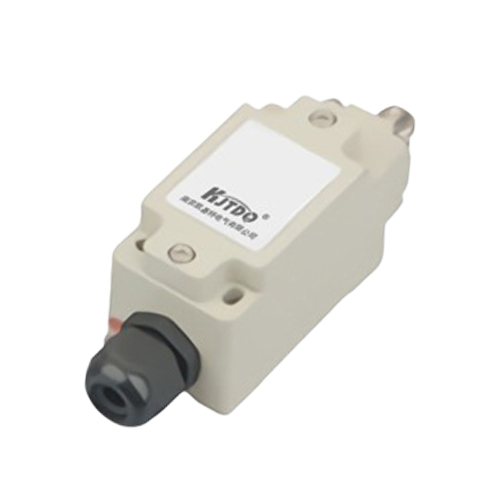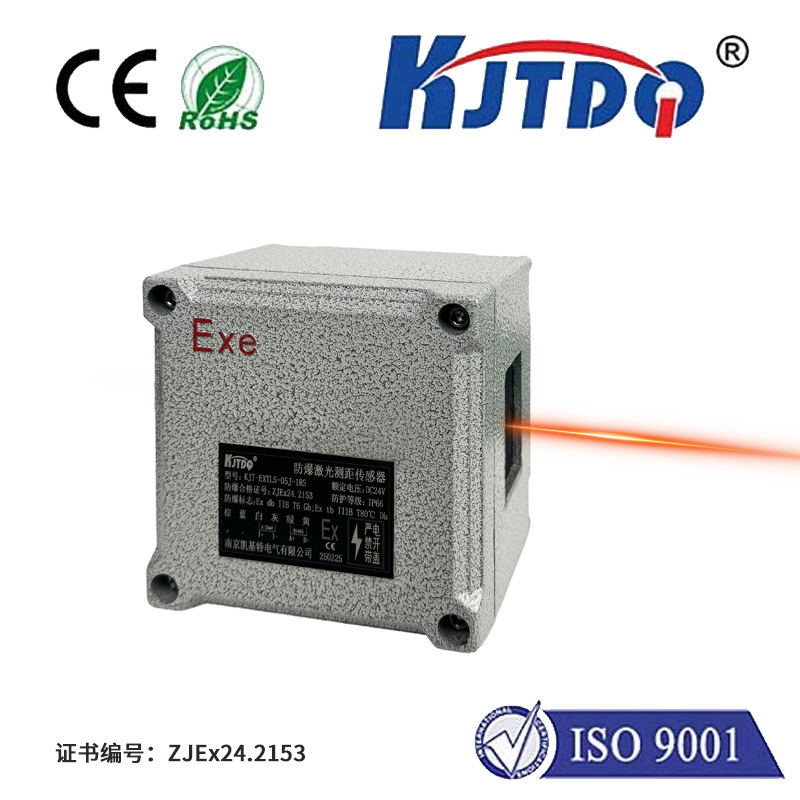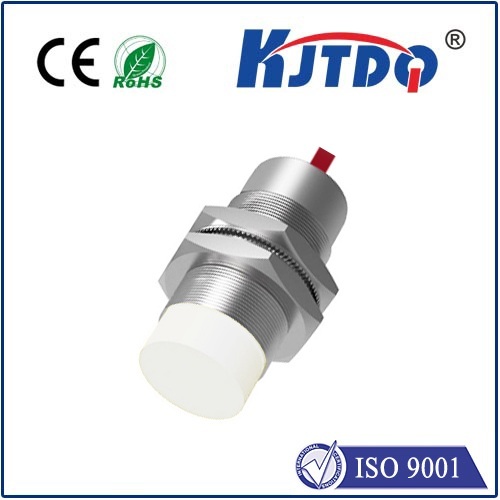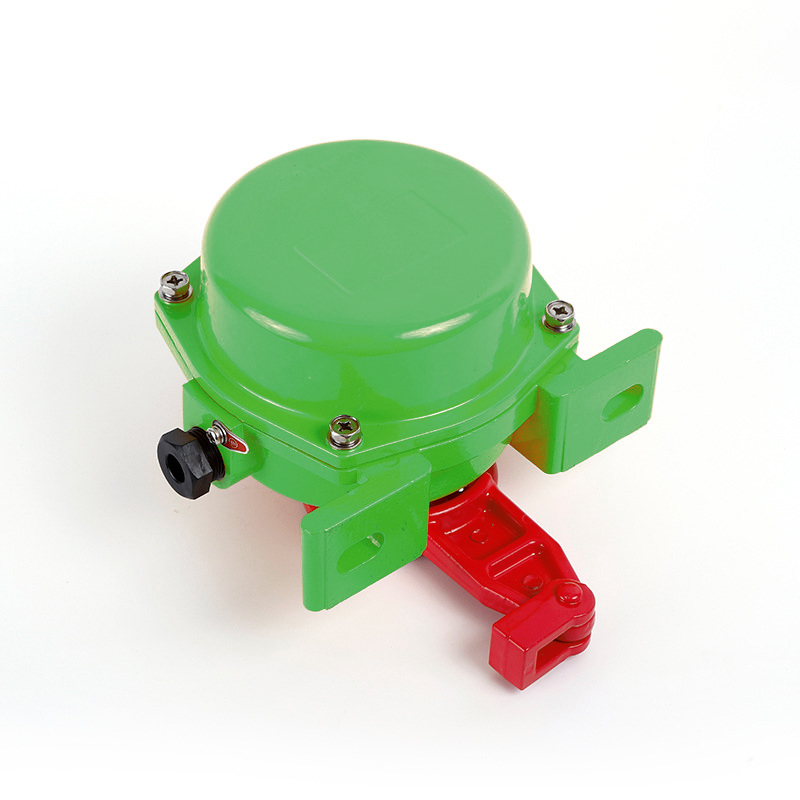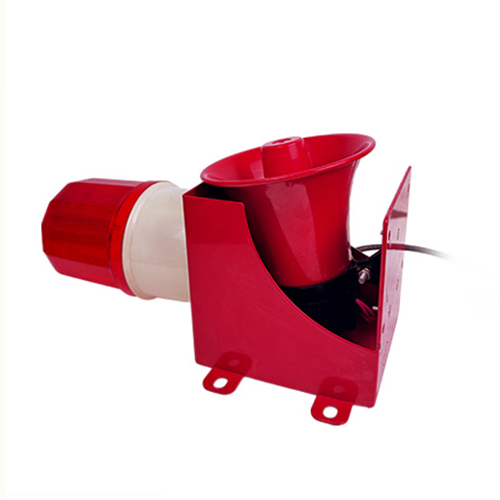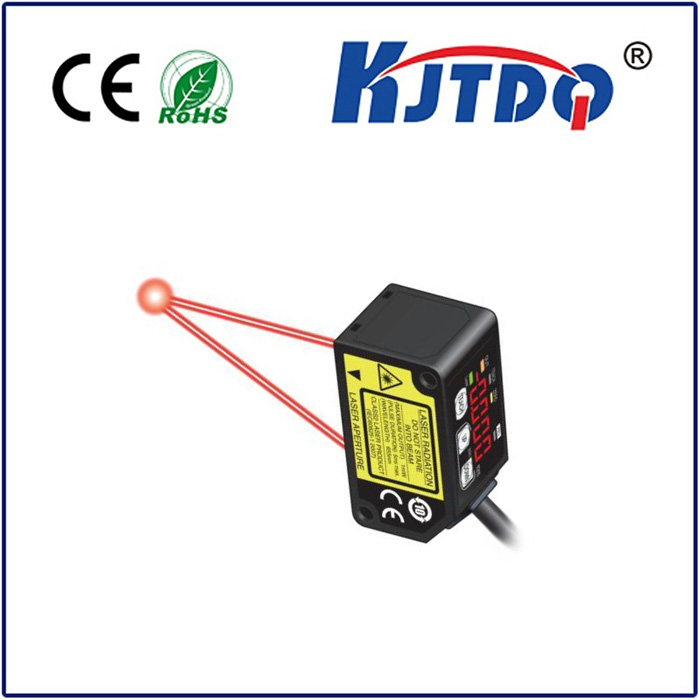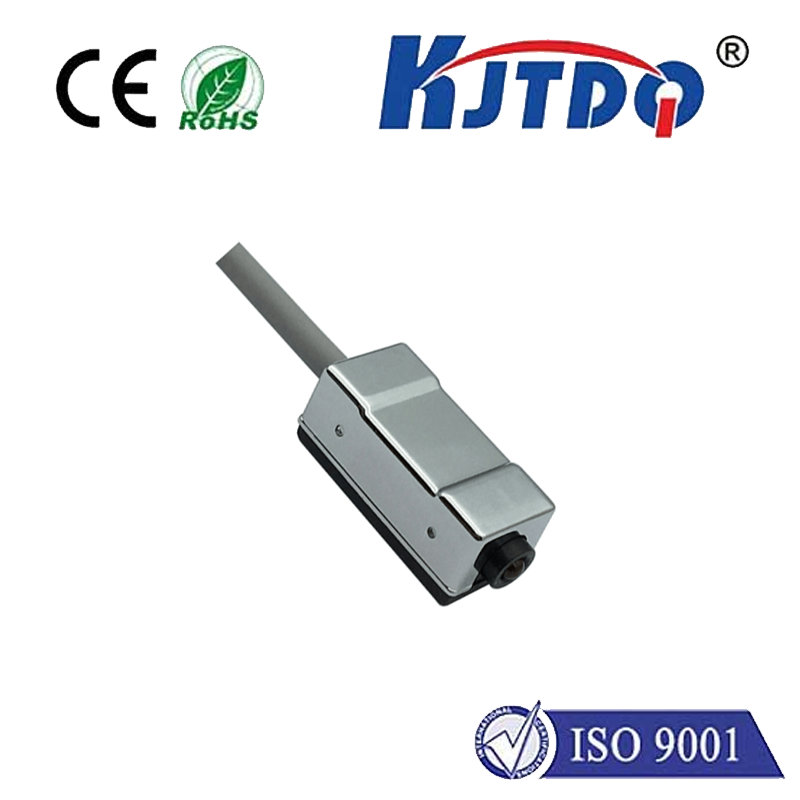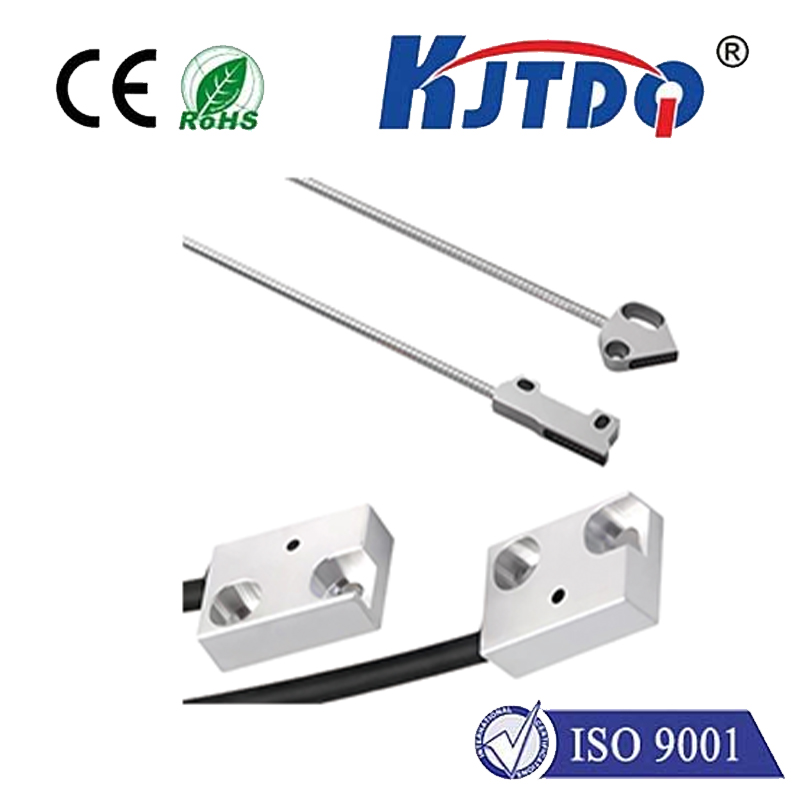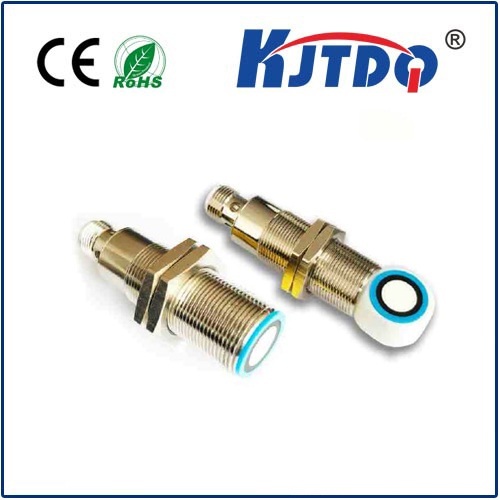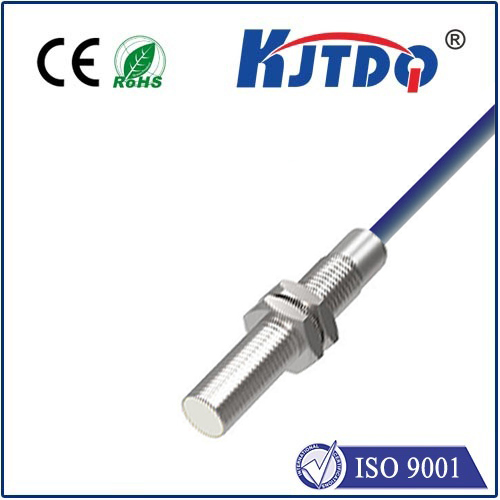

check

check

check

check

check

check

check

check

check

check
Laser Depth Sensor: Revolutionizing the Way We Measure Distance
The advent of technology has brought about numerous advancements in various fields. One such area that has seen significant progress is the measurement of distance. The introduction of laser depth sensors has revolutionized the way we measure distance, making it more accurate and efficient than ever before.

A laser depth sensor is a device that uses laser light to measure the distance between the sensor and an object or surface. It works by emitting a laser beam towards the target and then measuring the time it takes for the reflected light to return to the sensor. This information is then used to calculate the distance between the sensor and the target, providing highly accurate and precise measurements.
One of the key advantages of using a laser depth sensor is its ability to provide non-contact measurements. Unlike traditional measuring tools that require physical contact with the object or surface being measured, laser depth sensors can take measurements from a distance, reducing the risk of damage to delicate surfaces or objects. Additionally, laser depth sensors offer high levels of accuracy and repeatability, making them ideal for applications where precise measurements are critical.
Laser depth sensors have found widespread use in a variety of industries, including manufacturing, construction, surveying, and robotics. In manufacturing, they are used to measure the dimensions of products during production, ensuring that they meet specified tolerances. In construction, laser depth sensors are used to measure the height, width, and depth of structures, helping to ensure that they are built to the correct specifications. In surveying, they are used to map out terrain and create accurate models of land features. And in robotics, laser depth sensors are used to help robots navigate their surroundings and avoid obstacles.
Another area where laser depth sensors have proven particularly useful is in autonomous vehicles. Self-driving cars rely on a variety of sensors to detect their surroundings and make decisions about how to navigate safely. Laser depth sensors play a crucial role in this process by providing detailed information about the vehicle's environment, allowing it to recognize obstacles and make informed decisions about how to proceed.
In conclusion, laser depth sensors have revolutionized the way we measure distance, offering unparalleled accuracy and efficiency in a wide range of applications. From manufacturing and construction to surveying and robotics, these devices have become an essential tool for professionals looking to take precise measurements quickly and easily. As technology continues to advance, it is likely that we will see even more innovative uses for laser depth sensors in the future.
